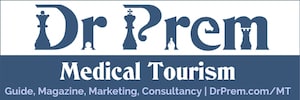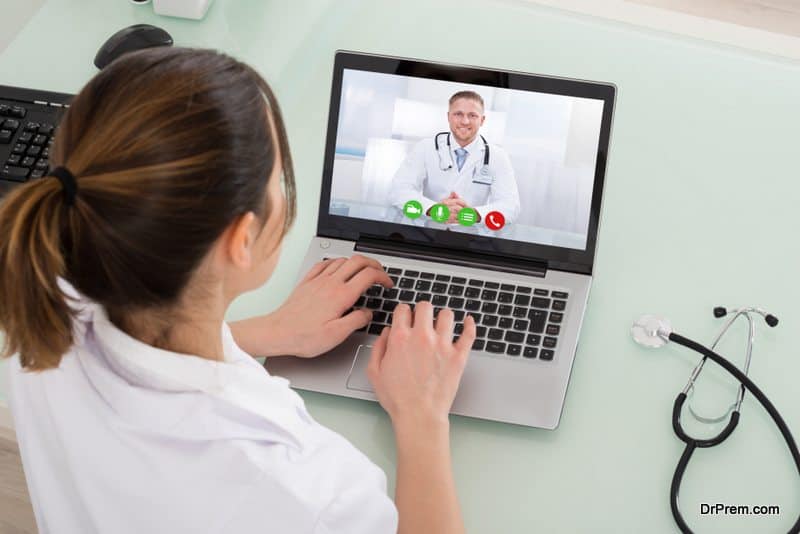Surgeons all over the world learn from the experiences of other surgeons. It is an important aspect of developing skills and knowledge. Conferences are held regularly to help surgeons review singular cases with their peers and gain insights from the discussions. If a surgeon has a private practice, he/she has very few opportunities to interact with other surgeons on a daily basis. Which is why, social media for academic surgeons can be a boon for surgeons, as they can stay connected with surgeons in their field globally.
Earlier, developments in surgery took place in certain ‘academic hubs’. However, modern surgery practices are more dispersed. New methods and innovations can be carried out by surgeons in any part of the world. Surgeons, therefore, need to know the latest development in any geographical region of the world. Which is why social media has become a powerful tool of communication for academic surgeons.
Social media for academic surgeons is a powerful tool
Twitter, Facebook, and other social media platforms have emerged as powerful mediums of communication for surgeons. Surgeons have formed academic communities in order to share their medical knowledge. Using this knowledge, surgeons can improve diagnosis as well as patient outcomes. Groups on Facebook such as RSC (Robotic Surgery Collaboration), and International Hernia Collaboration, etc facilitates the sharing of cases (de-identified), exchange of questions and information about particular practices, innovations, or techniques.
Through groups such as these, surgeons are sharing skills and knowledge through social media. Facebook groups created by surgeons for surgeons have a huge following. They generate hundreds of online discussions every day among practicing surgeons. Surgeons belonging to different countries interact with each other by posting videos and photos of their techniques. Social media for academic surgeons has thus become an effective form of staying relevant.
Social media brings experts and beginners together
Academic surgeons are learning how to use social media to stay up to date. For them, social media is not to socialize, but to gain valuable viewpoints from their peers. Surgeons who are just starting out have the opportunity to learn from experts, who have been practicing in their field for years. And experts learn about the new techniques, which they can incorporate into their practice. When analyzed, one Facebook group found that surgeons posted mid-week, which meant that social media made a valuable contribution to their work. Tweeting or being on Facebook is not a part of leisure activity for surgeons.
Many other issues also come to light during discussions. For example, one group found that male and female surgeons were not treated equally. Women and minority groups were vastly underrepresented in surgery.
Social media has made the medical community inclusive
In a clinic, surgeons and their assistants or non-medical members hardly ever, or rather never, get together to discuss their cases. But in online groups, non-medical professionals are also included and their views are heard as well. Preoperative staff and surgical assistants can learn from surgeons’ experiences and offer their perspective. This has in fact led to the improvement of some non-medical staff’s skills too.
Staying up to date
Many surgeons have used Twitter to follow surgical journals as well as renowned surgeons to gain knowledge and read their publications. Surgeons know how to use social media to stay up to date as well, as they follow research that is relevant to their practice. They can also share their own research, and it was discovered that there was actually a link to the number of retweets to the number of times an article was cited by others.
Social media for academic surgeons is also useful during conferences. It is physically and virtually impossible to attend concurrent sessions at conferences. So, many associations and organizations have registered and adopted healthcare hashtags so that it is easier to know about all the tweets which occur during conferences. Social media can help in crowdfunding research, and to stay updated about grants, research opportunities, and scholarships. In fact, many surgeons have expressed the need to include training about using social media responsibly to garner the vast resources hidden in social media.
Using social media responsibly is a must as it might turn out to be harmful – for example, a new technique might become ‘viral’ without being tested thoroughly in the laboratories. Otherwise, social media has much to offer academic surgeons, which in turn, ultimately benefit patients.










